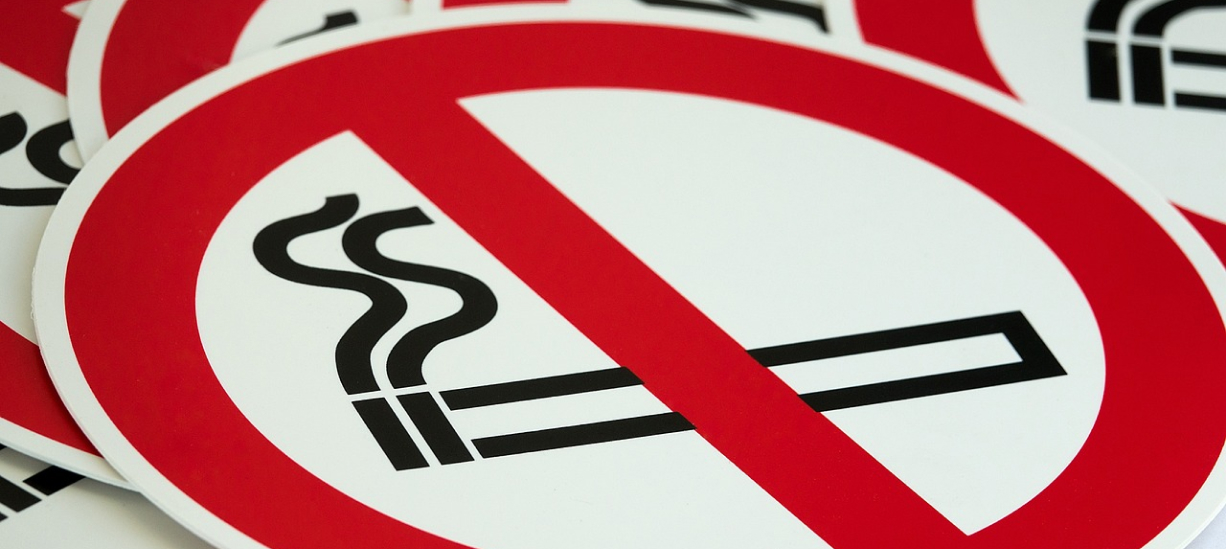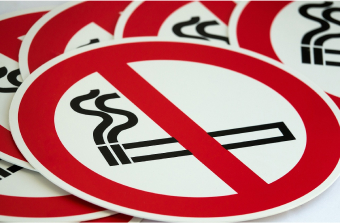

In a pioneering approach to public health and tobacco control, a Massachusetts town has taken a significant step by adopting a groundbreaking bylaw. This regulation, first of its kind in the country, prohibits the sale of tobacco products to anyone born in the 21st century. The bylaw, which came into effect in 2021 in the town of Brookline, reflects a growing concern over the health impacts of tobacco and aims to pave the way for a healthier future for upcoming generations.
Brookline’s innovative ordinance was initiated in 2020 and has recently received backing from the state’s highest court. This endorsement not only reaffirms the town’s commitment to curbing tobacco use but also opens the possibility for other communities to implement similar measures. The bylaw aligns with Massachusetts’ existing legislation, which prohibits tobacco sales to individuals under 21, yet takes an additional step by targeting future generations specifically.
The Massachusetts Supreme Judicial Court’s decision highlights the autonomy of local governments in regulating public health concerns, particularly those related to tobacco. This ruling is a testament to the importance of local ordinances in complementing state laws, particularly in areas critical to public health.
While the bylaw has garnered support from public health advocates, it has also faced criticism from convenience store owners and trade associations. Critics argue that the law could create a confusing patchwork of regulations and unfairly target tobacco sales without addressing similar concerns for other products, like marijuana. Despite these challenges, supporters emphasize the law’s potential to significantly reduce tobacco use among future generations.


Brookline’s bylaw is part of a broader trend of innovative tobacco control measures worldwide. For example, New Zealand and the United Kingdom have also proposed or implemented laws aimed at gradually phasing out tobacco sales to future generations. These international efforts underscore a growing recognition of the need for proactive measures to combat tobacco use and protect public health.
The Brookline bylaw represents a bold step forward in the fight against tobacco and its adverse health effects. As other Massachusetts towns consider similar bans, the potential for a significant impact on public health grows. By targeting the next generation of potential tobacco users, Brookline and communities like it are laying the groundwork for a healthier future, free from the burdens of tobacco-related diseases.
The support for such measures, combined with the Massachusetts Supreme Judicial Court’s ruling, signals a shift towards more aggressive tobacco control strategies. As the conversation continues, it will be crucial to balance public health objectives with concerns from businesses and ensure that comprehensive support systems are in place for those seeking to quit tobacco use.
In a world where public health challenges continue to evolve, innovative approaches like Brookline’s tobacco sale ban offer a blueprint for communities committed to safeguarding the well-being of their residents. As we move forward, the lessons learned from Brookline could inspire a new wave of public health initiatives, aimed not just at managing but at preventing the health crises of tomorrow.